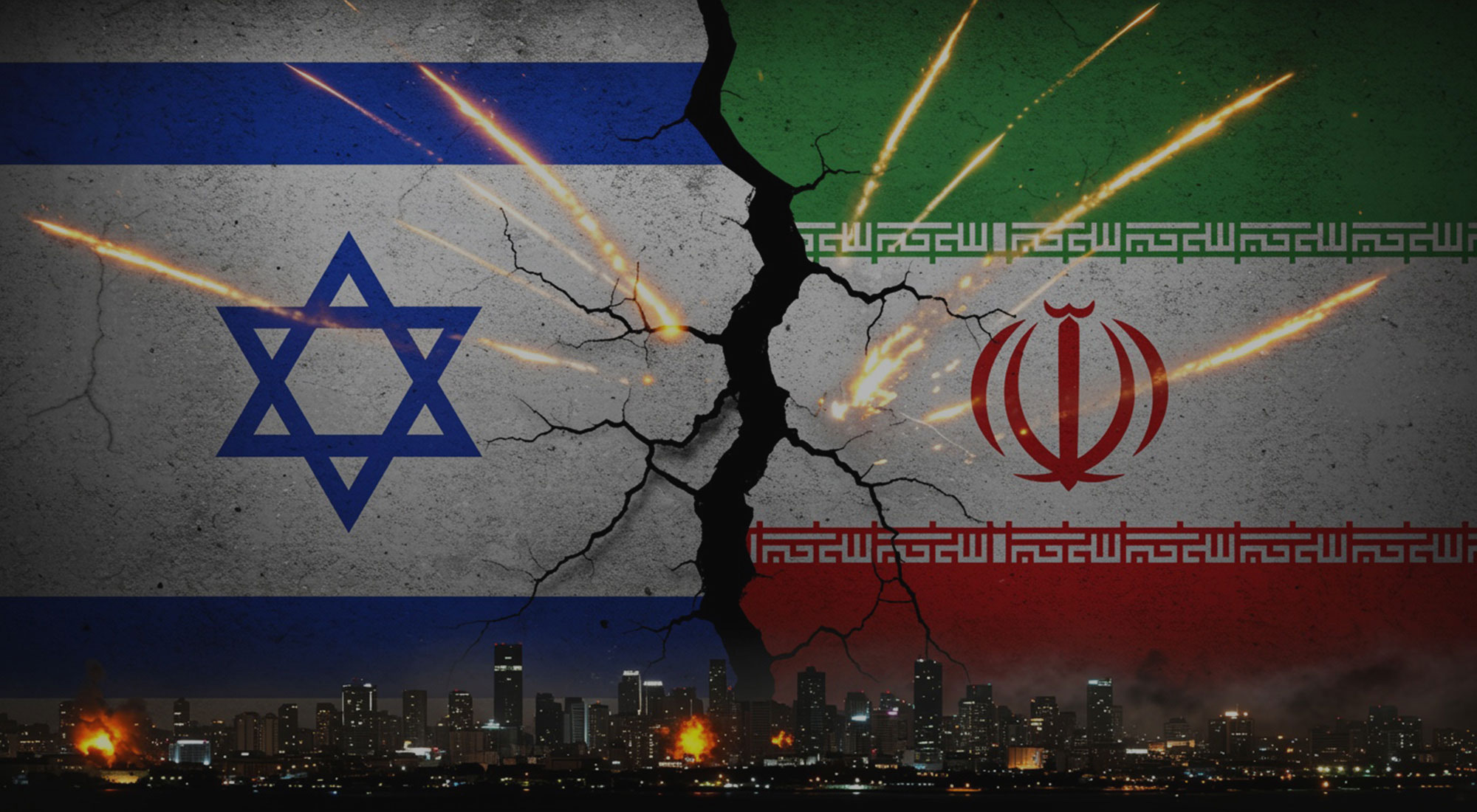TRENDS Research & Advisory has released a new analytical study — Lessons Learned from the Israel-Iran War — which examines the unprecedented military escalation that erupted on June 13, 2025, and led to a fundamental shift in the conflict between the two sides, from a “shadow war” to an open and direct confrontation. The conflict featured U.S. support for Israel and an intense Iranian response that included missile and drone attacks deep inside Israel.
The study, prepared by the center’s Department of Strategic Studies, explained that the Israeli-American strikes inflicted severe damage on Iran’s nuclear program, causing widespread destruction of nuclear infrastructure and the assassination of several senior scientists and military leaders. Meanwhile, Iran succeeded in launching precise missile strikes on strategic targets inside Israel, resulting in significant human and material losses valued at over $5 billion during the 12-day conflict.
The study indicates that the war revealed the limited effectiveness of Russian and Iranian air defense systems, demonstrating the efficacy of integrated operations combining air strikes, cyber attacks, and precision drones. It also observed the growing American role and the emergence of a new “power diplomacy” pattern based on preemptive strikes and negotiation from a position of military superiority, without reliance on broad international alliances.
The study recorded notable shifts in the balance of power, including Iran’s failure to effectively mobilize its regional proxies and a decline in its international standing, contrasted with Israel’s success in reinforcing “active deterrence” and enforcing its air superiority over Iranian territory, despite sustaining human and economic losses.
In assessing lessons for the Gulf and the region, the study emphasized the need to strengthen intelligence and cyber offensive capabilities, develop drone and hypersonic missile programs, and review the effectiveness of traditional air defense systems. It also calls for developing hybrid deterrence strategies that align with the region’s new security realities.
The study concluded that the war represented a pivotal turning point and produced the contours of a new regional order based on unconventional balance equations—requiring Gulf states to recalibrate their security and military priorities in light of the emerging dynamics.



